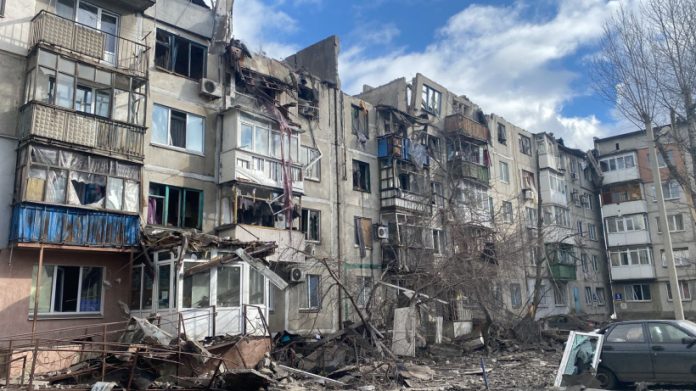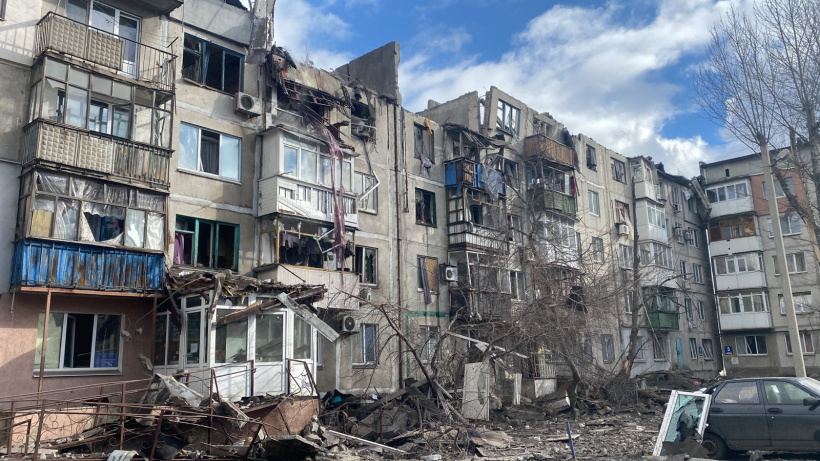
“The situation in Pokrovsk is on the verge of critical,” warned analysts from Ukraine’s DeepState project at the end of October, underlining the gravity of a battle that has raged for over a year. Once a bustling coal-mining city in eastern Ukraine, it now stands largely deserted, its streets reduced to rubble by relentless Russian assault. Its strategic value, however, remains enormous, which makes its fate a matter of geopolitical consequence.
Pokrovsk straddles crucial road and rail arteries in the Donetsk region, supplying a logistical lifeline for Ukraine’s forces in the east. For Russia, its capture would be the most significant urban gain since Bakhmut in 2023, potentially opening paths toward other fortified cities in the Donbas. For Ukraine, holding it is about more than defending territory, but rather preserving operational depth, industrial capacity, and morale in the face of mounting manpower shortages and winter energy attacks.
What follows is an examination of nine key dimensions of the battle for Pokrovsk, revealing why its outcome could reshape both the military and political landscape of the war.
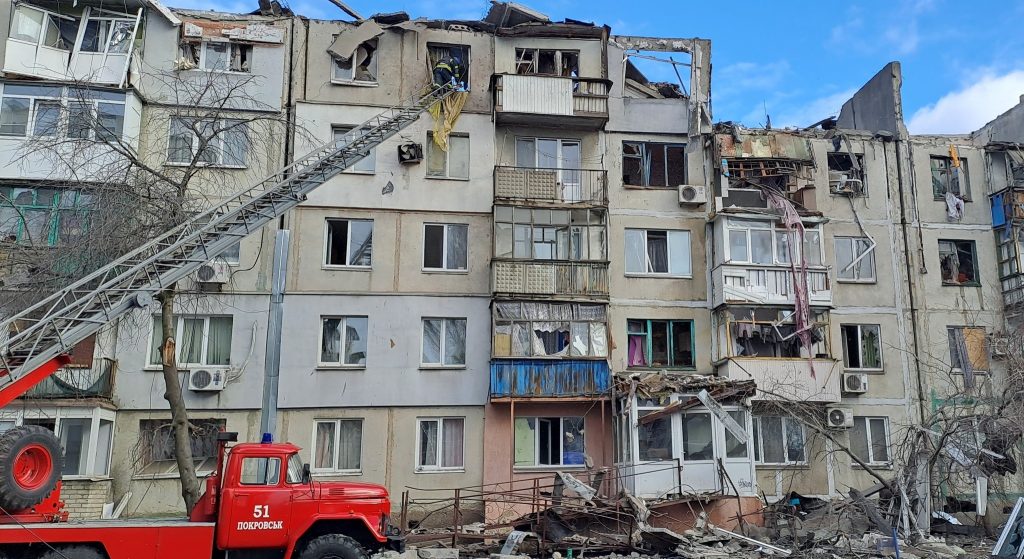
1. Pokrovsk’s Role as a Logistical Hub
It sits at the juncture of major highways and a key railway station, which makes it a linchpin in Ukrainian supply chains across the Donbas. It would be much harder to rotate troops, evacuate the wounded, and deliver ammunition to frontline units if it falls. According to military expert Mykhaylo Zhyrokhov, “the whole front line will collapse” if Pokrovsk falls because all supply routes to towns like Chasiv Yar would be cut off. This logistical damage would have its ripple effects, further making other strategic positions vulnerable.

2. Gateway to the Donetsk ‘Fortress Belt’
The city is southwest of Donetsk’s heavily fortified industrial belt, a string of cities including Kramatorsk and Sloviansk. Maria Engqvist, an analyst at the Swedish Defence Research Agency, said a Russian seizure could “open the door for future offensive operations” toward these strongholds. Although some analysts believe – like Emil Kastehelmi from the Black Bird Group – that its fall would not immediately threaten them either, the loss of Pokrovsk would take out a critical buffer and pin down Ukrainian forces in expensive defensive operations.

3. The Coking Coal Factor
Pokrovsk was the location of Ukraine’s last operating coking coal mine used to produce fuel for the manufacture of steel. The mine’s closure in January 2025 created a shortage of 3 million tons, forcing imports from Poland, the United States, and Australia to make up for the lack. These moves increase production costs by up to 11% and undermine the competitiveness of Ukrainian steel-a sector accounting for over 5% of GDP. It is not only an economic blow-the loss of the mine erodes Ukraine’s ability to ensure its metallurgy industry survives through wartime and into post-war reconstruction.

4. Russian Infiltration Tactics
The Russian military has abandoned massed mechanized assaults for small-unit infiltrations, sometimes on motorbikes or in disguises, to reduce its signature. Kostyantyn Mashovets reported a three-phase process- preparation, execution, and exploitation-supported by the elite drone units from the Rubikon Center. Overrunning Ukrainian positions, targeting drone crews and logistics nodes to reduce defensive capacity, such operations are more effective in a cityscape like Pokrovsk than in open-front sectors like Kupyansk.

5. Ukraine’s Manpower Shortage
President Volodymyr Zelensky has conceded that Ukrainian troops in Pokrovsk are outnumbered eight to one. Mobilisation challenges, reluctance to lower the conscription age to 18, and the departure of nearly 100,000 men aged 18–22 since travel restrictions eased have compounded the deficit. Analysts say that without fresh recruits, Ukraine will find it hard to hold the 1,200km front and commanders will be forced to cede ground strategically to preserve fighting strength.
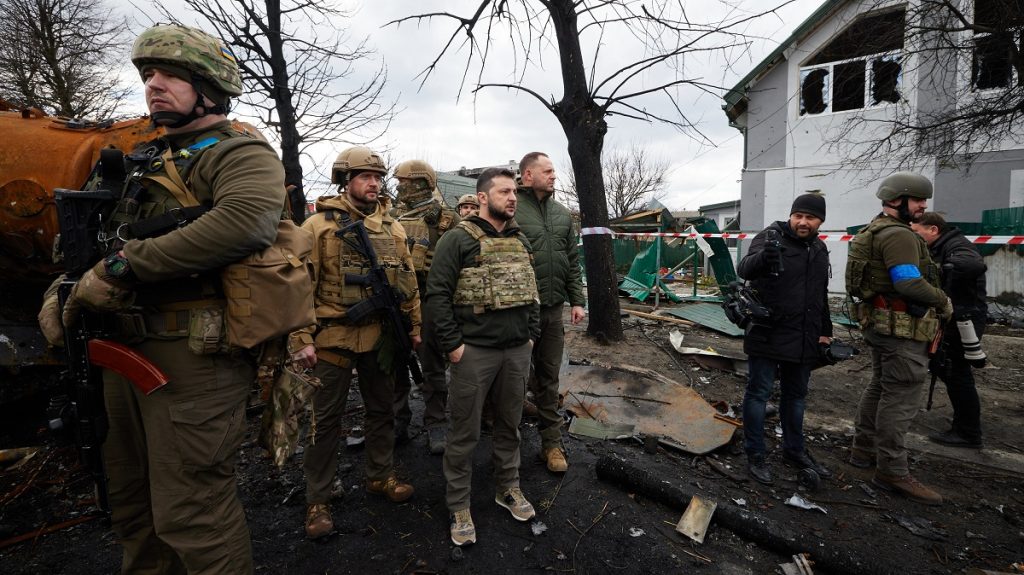
6. Winter Energy Warfare
The battle for Pokrovsk coincides with intensified Russian strikes on Ukraine’s energy grid, unleashing over 1,500 drones and 70 missiles in a week. Blackouts in frontline cities put heating, water, and morale at risk. UN humanitarian coordinator Matthias Schmale has warned that if infrastructure collapses during this particularly harsh winter, high-rise residents could face “a major crisis within a crisis” that would also further weigh on the psychological burden of urban combat losses.

7. Diplomatic and Political Leverage
The capture of Pokrovsk would strengthen Moscow’s negotiating hand. Putin’s publicly stated precondition for ending the war is complete control over Donetsk. Success here could make U.S. President Donald Trump, who called Russia not a “paper tiger,” more flexible on negotiations. For Kyiv, defeat in Pokrovsk carries the risk of demonstrating weakness to friends and foes, which in turn may presage Western military aid decisions.
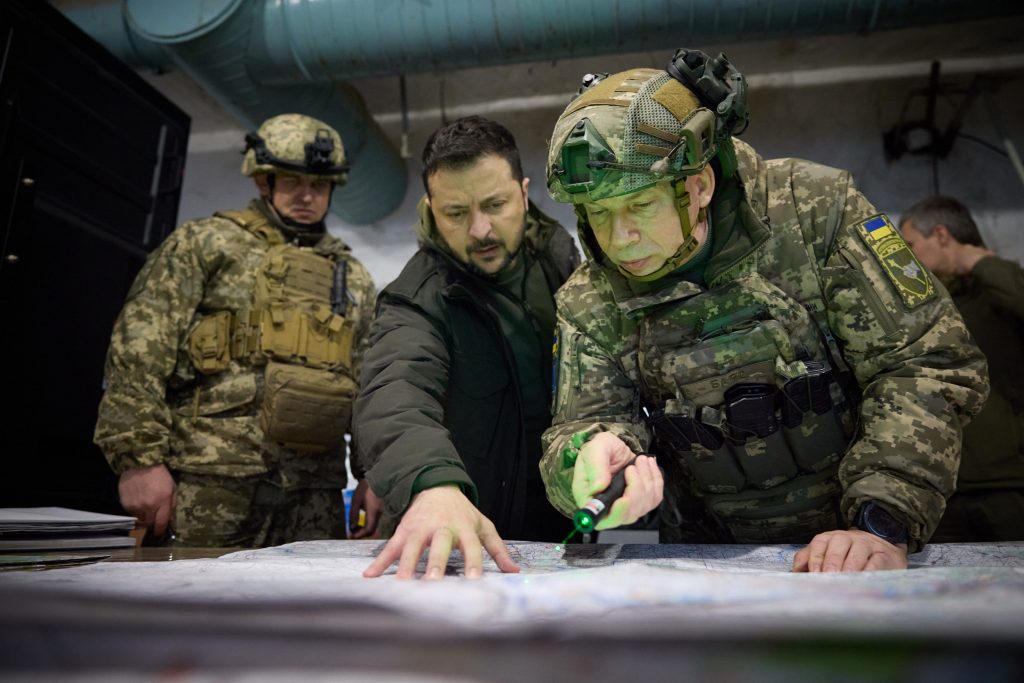
8. Potential Domino Effect
Retired Ukrainian colonel Viktor Kevliuk warned that the possible fall of Pokrovsk could produce a “domino effect,” as Myrnohrad would be untenable, and the road to Dnipropetrovsk would be open. The advance, though slow and costly for Russia, perhaps indicates that removing key nodes of resistance permits incremental territorial gains that, over time, wear away Ukraine’s strategic depth in the east.
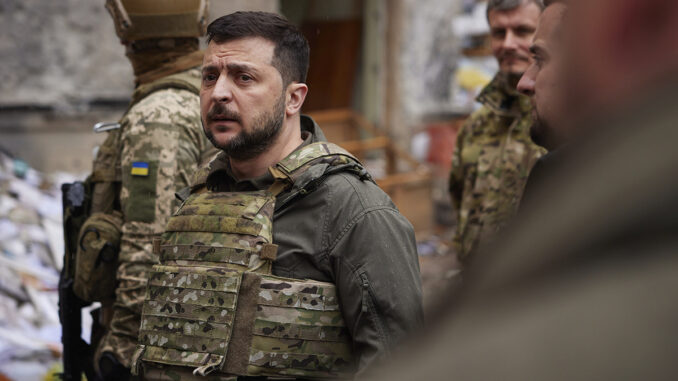
9. Morale and Symbolism
Beyond military calculus, Pokrovsk also carries symbolic weight. Engqvist has described its potential loss as “the most significant symbolic gain since Avdiivka in 2024.” For Ukraine, its defense under siege conditions is considered a test of resilience for Russia, its capture would vindicate a grinding attritional strategy. In either case, the psychological impact on troops and civilians could shape the war’s next phase.
The fight for Pokrovsk is more than the struggle for a ruined city it is a struggle for logistics, industrial capacity, manpower, and political clout. What happens with it-be it holding or falling-will have its influence on the tempo of operations across the Donbas and the tenor of diplomatic exchanges far from the battlefield. In both the calculus of Kyiv and Moscow, Pokrovsk is a pivot point.
